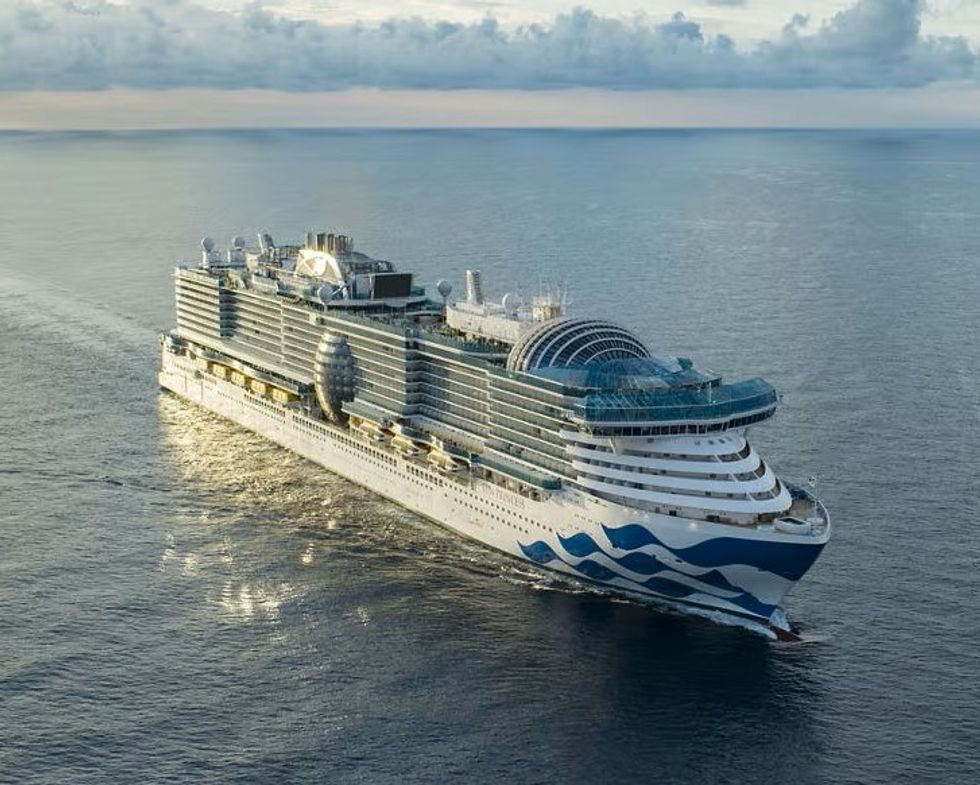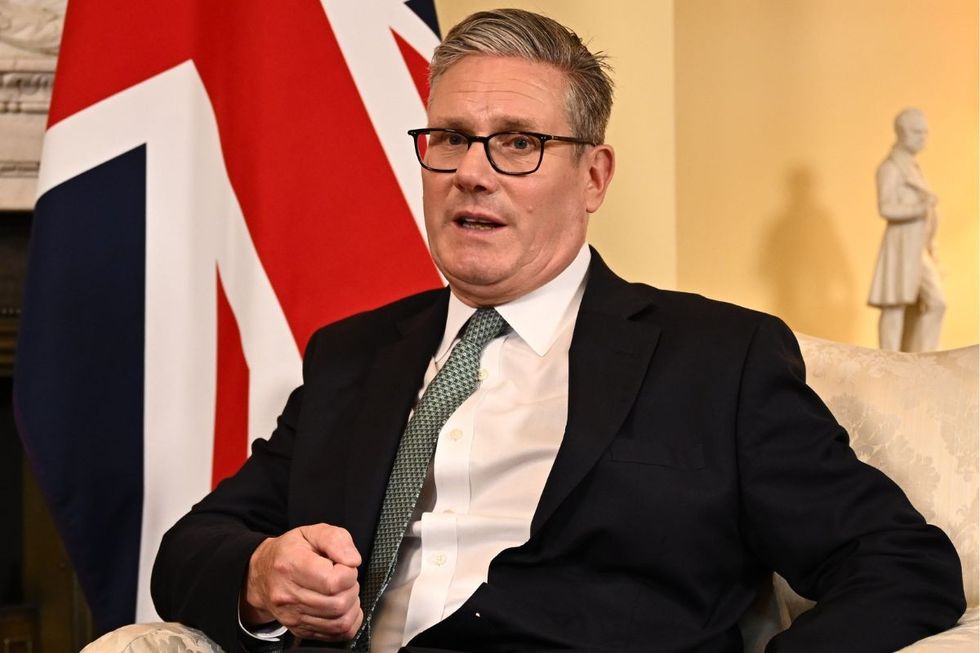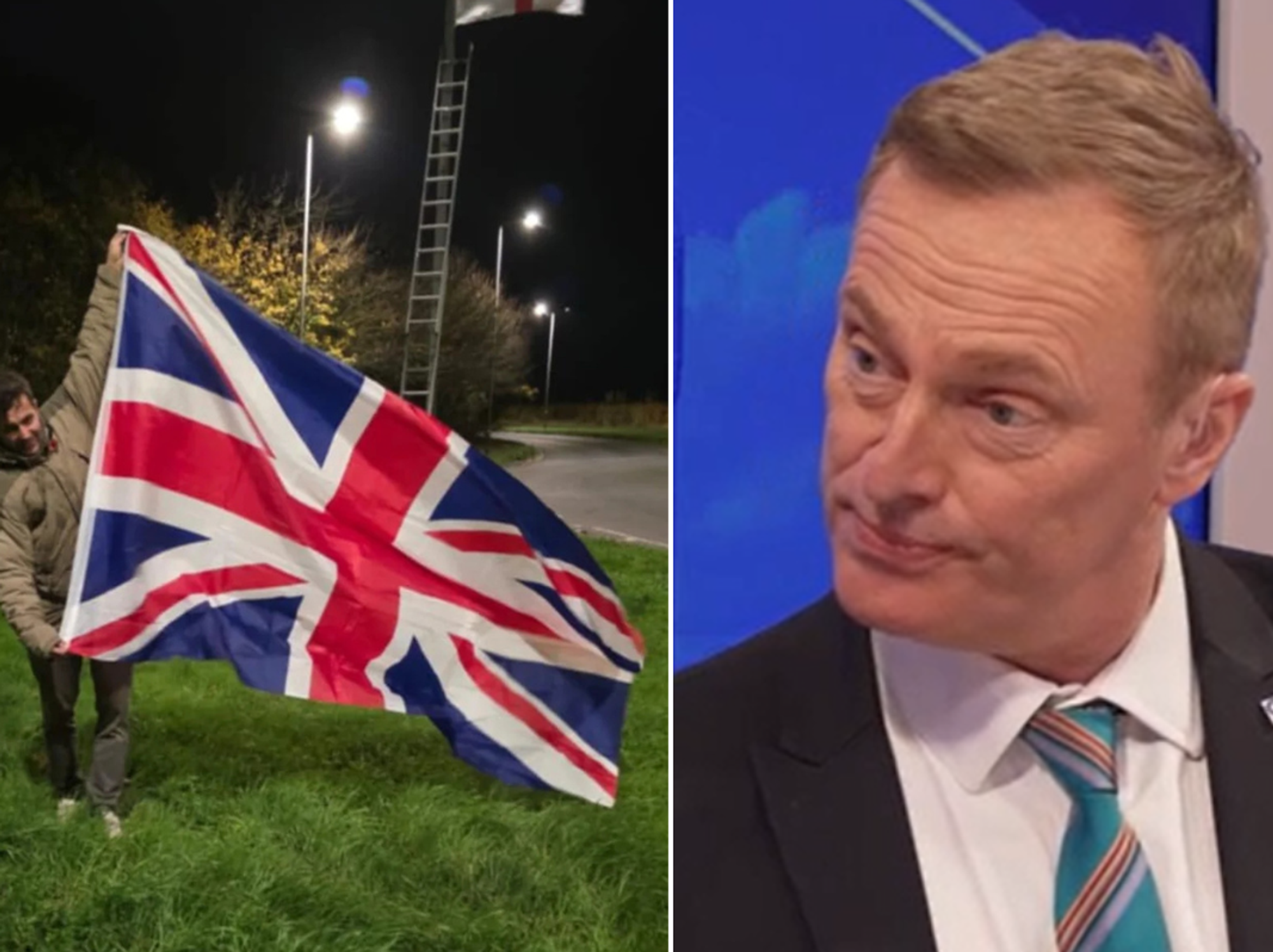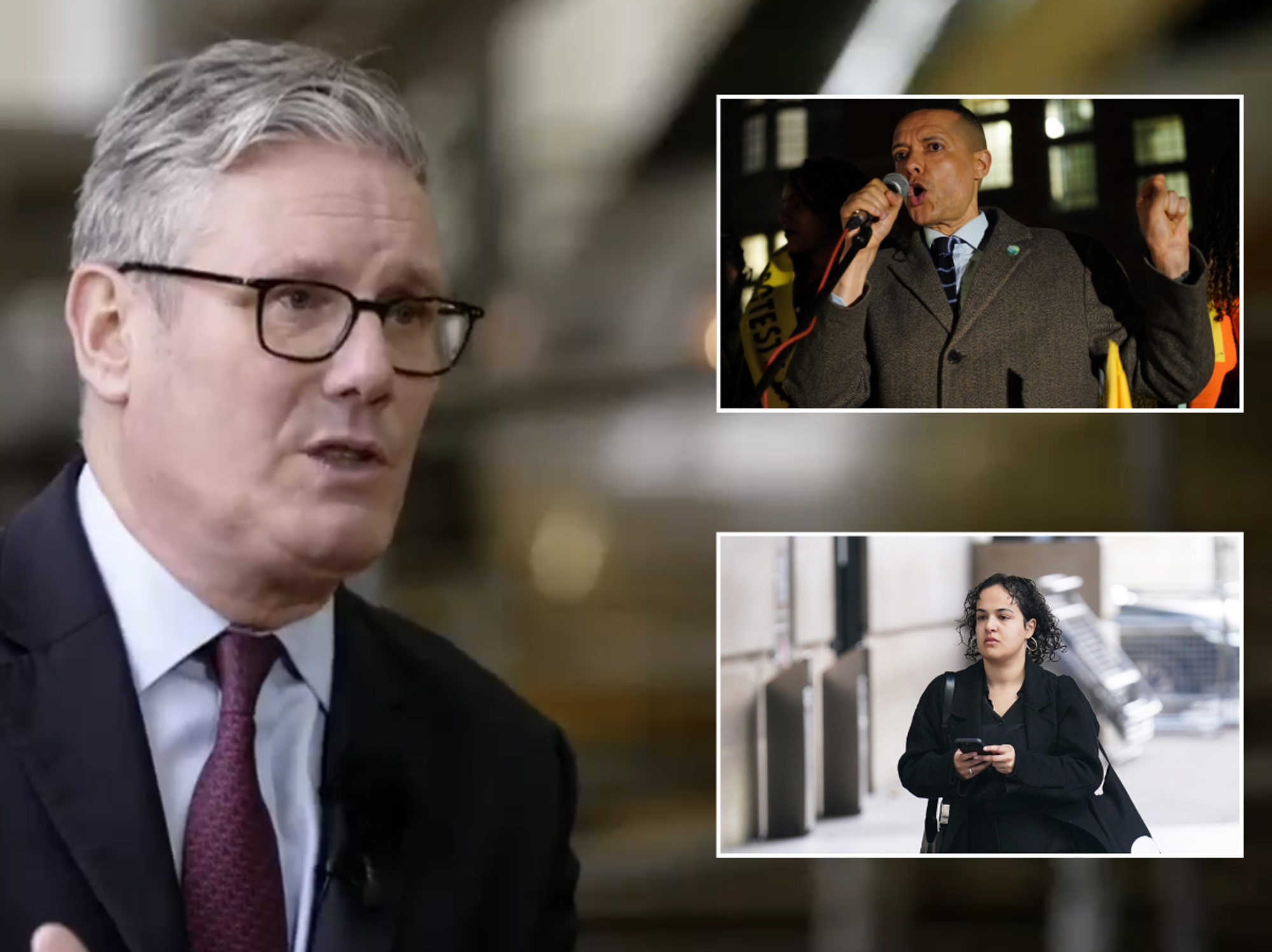Keir Starmer's EU reset to trigger cruise price hikes with Labour plans set to 'wreak havoc'

Prices could rise as high as £200 for a week-long cruise
Don't Miss
Most Read
Trending on GB News
British travellers planning European holidays could encounter steeper costs for maritime journeys following Labour's agreement to align with Brussels' environmental regulations.
The government's Brexit reset arrangement with the EU will see ferry and cruise passengers bearing the financial burden of new emissions rules.
The Telegraph reports that maritime companies must comply with Britain's emissions trading scheme starting in July 2025, coinciding with peak summer travel season when millions cross to the Continent.
The policy requires shipping firms to purchase permits for greenhouse gas emissions, with costs inevitably transferred to customers.
European precedent suggests ferry fares could rise by as much as 11 per cent, whilst luxury cruise holidays might become £200 more expensive.
Industry sources confirm British passengers will likely experience comparable price impacts to those already witnessed across EU routes.
The emissions trading scheme mirrors Brussels' existing framework, which Sir Keir Starmer accepted through his Brexit reset agreement signed in May.
Shipping operators will receive annual greenhouse gas allowances, with excess emissions requiring purchases of unused permits from other companies.

Prices could go up as much as £200 for a seven-day cruise
| PRINCESS CRUISESThe government plans to progressively tighten emission caps, compelling maritime businesses to invest in costlier green technologies.
Initially covering domestic port-to-port journeys, the scheme will expand to international routes, matching EU policy.
Brussels' own assessment reveals ferry route surcharges have increased between 3 and 11 per cent since implementing similar measures last year.
Freight costs rose by up to 5 per cent, with overall shipping expenses climbing 3.7 per cent on average.
A £2,000 high-end cruise cabin could see price increases approaching 10 per cent under the new regulations.
Maritime industry representatives express alarm at the hasty implementation timeline, suggesting ministers prioritised EU relations over British competitiveness.
Shipping insiders believe the government accelerated proposals to satisfy Brussels rather than awaiting potentially less stringent international standards due later this year.
Andy Harmer from the Cruise Lines International Association highlighted the sector's £5.8 billion contribution to Britain's economy, warning: "To maintain and sustainably grow the more than 60,000 UK jobs that depend on the cruise industry, the UK's ETS system must be aligned with international counterparts and not risk the UK's competitiveness in the international cruise market."

The prices could go up after Keir Starmer's reset deal with the European Union
| GETTYIndustry figures confirmed ferry operators would "no doubt" impose surcharges on British passengers to offset additional expenses.
Another source stated bluntly: "Inevitably there will be a cost increase to the cruise lines, therefore that money will have to come from somewhere."
Essential island ferry routes serving 2.4 million Britons annually face severe disruption from the emissions scheme.
The UK Chamber of Shipping warns that fuel costs for these vital services could surge by nearly one-third, potentially rendering many routes economically unviable.
Services to locations including the Isle of Wight and Scilly Isles provide crucial mainland access for healthcare, education and supplies.
The industry body advocates exempting these lifeline connections from the new regulations.
The Net Zero Department defended the policy, arguing that alignment with Brussels' system would shield British firms from Europe's forthcoming carbon border levy.
A departmental spokesperson disputed the EU's price impact figures, stating: "These figures do not apply to the UK and do not reflect that any costs come down as emissions are cut."
More From GB News











